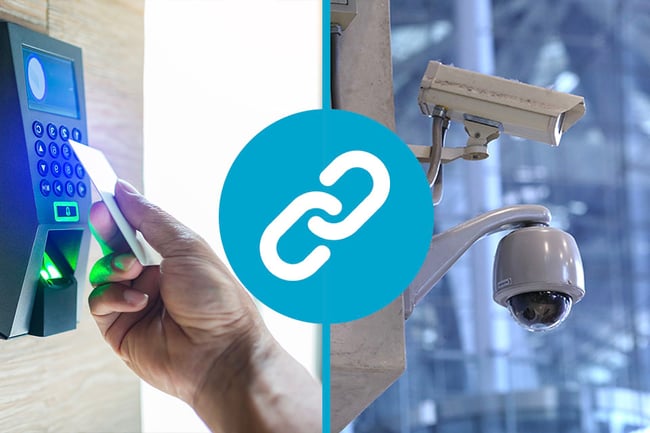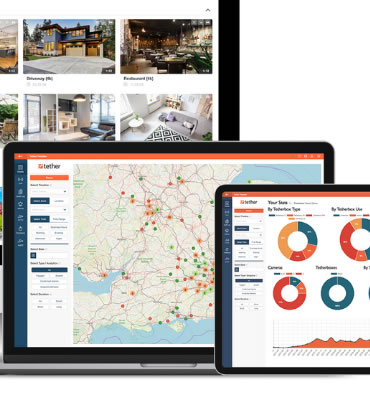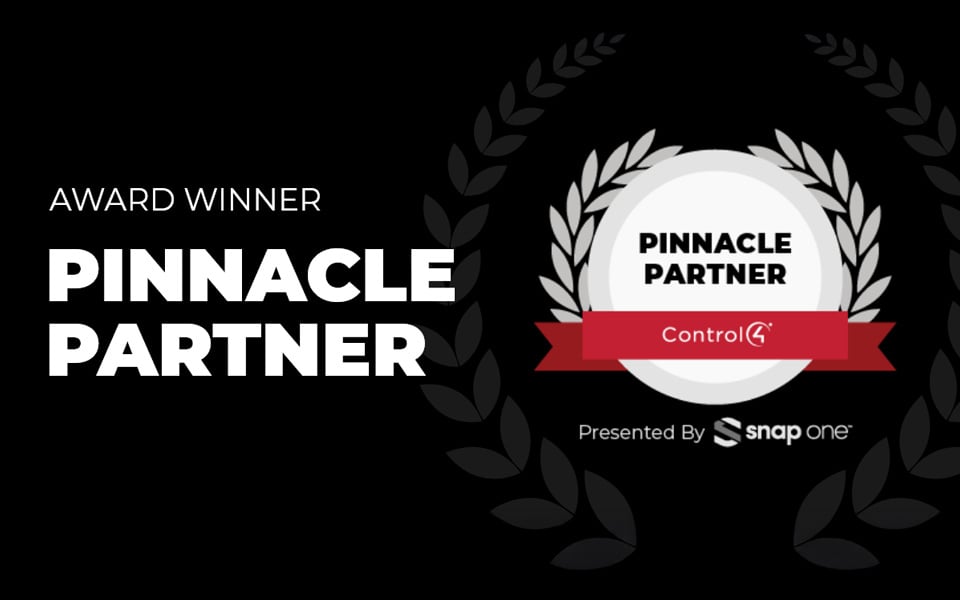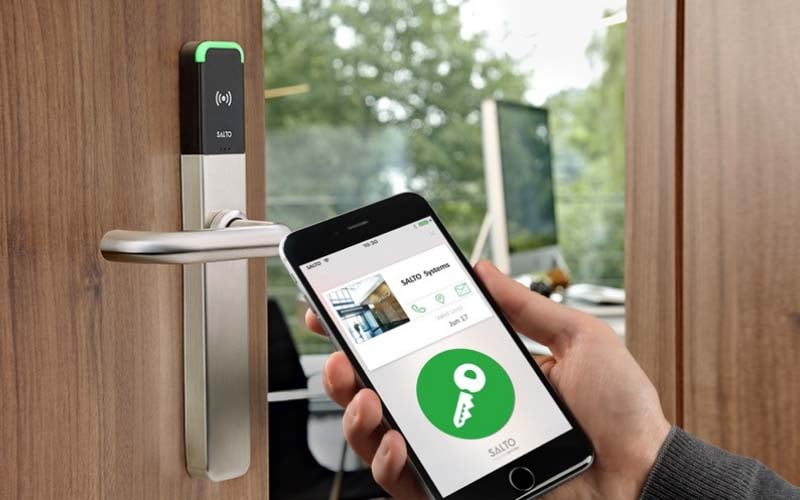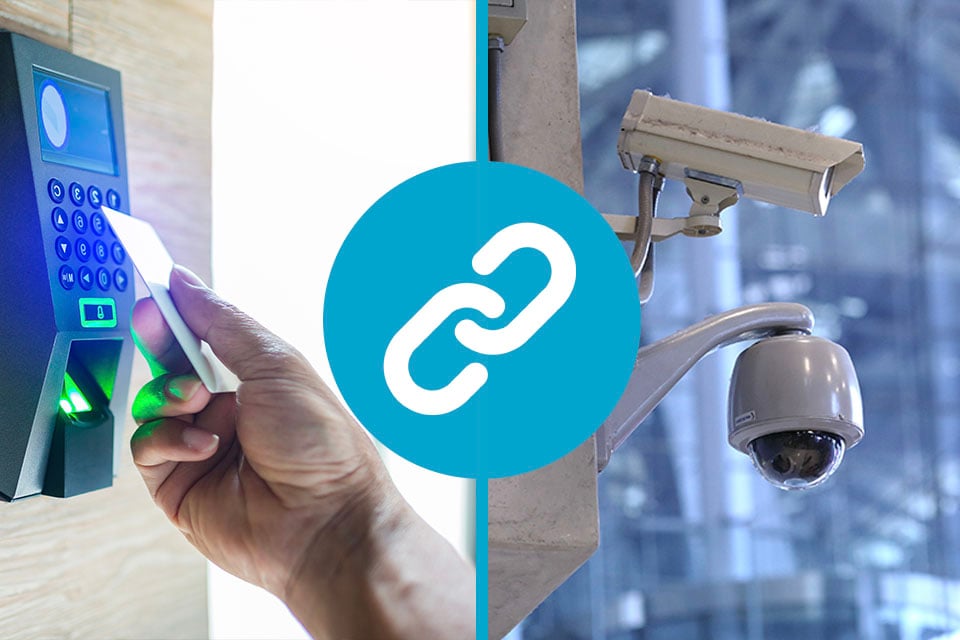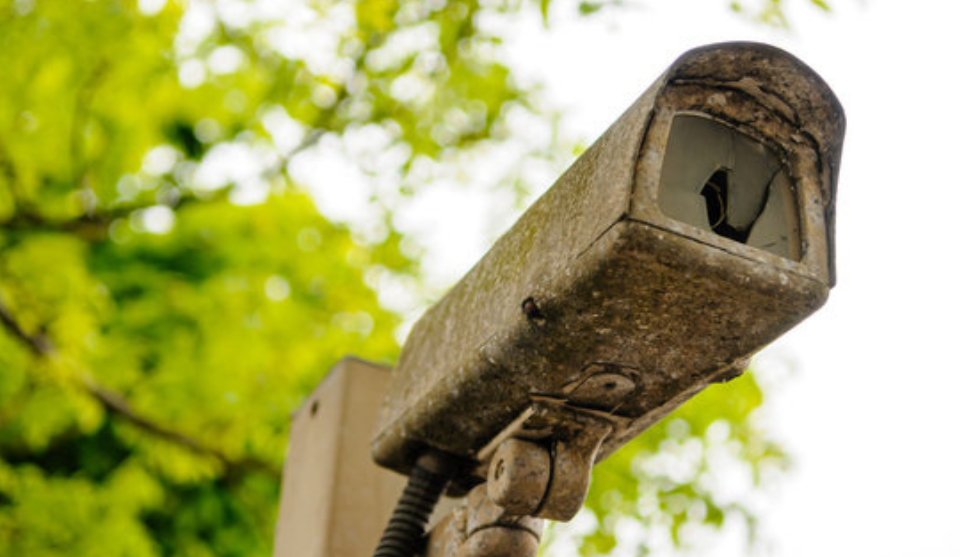In the last 5 years, business security cameras have made huge leaps in their capabilities. At the same time, the abilities and technology available to hackers have improved dramatically. An outdated CCTV system can compromise the security of your entire business. Commercial security cameras need to be regularly upgraded to ensure business security and asset safety. This doesn’t just apply to the camera itself, but the entire CCTV system. If your system is outdated then your business’ security is at risk.
Jump To
- Upgraded Business CCTV Cameras Increase Security
1. Higher Quality CCTV Footage
2. Cloud-Based CCTV Storage
3. Integration With Other Business Security Systems
4. AI Video Analytics - Upgraded Business Security Cameras Provide Increased Usability
1. Cloud-Based Systems for Remote Management
2. Integration With Access Control and HR Software
3. Multi-Site Capabilities - Upgrading Business Security Cameras Lowers Your Long-Term Costs
- Final Thoughts
Most businesses who view security cameras as an important business security or operational asset would upgrade their security camera systems every 5 years, ensuring that their technology is consistently up to date with the latest trends and capabilities. Other businesses often leave it too late and are almost ‘forced’ to upgrade every 7-8 years, when their technology begins to run its course and become faulty. Repairing parts of your CCTV system when it is end of life is often much more expensive and parts have longer lead times.
With recent technological advancements, newer security cameras and CCTV systems for businesses have many more exciting capabilities that are important for both standard security and making your life that little bit easier.
To ensure your cameras continue keeping your business secure, experts recommend upgrading your system every five years, at the latest. But why is this so important? We’ve outlined some of the best benefits of upgrading your security cameras.
.webp?width=960&height=440&name=Verkada%20Cloud%20CCTV%20Cameras%20(1).webp)
Upgraded Business CCTV Cameras Increase Security
With up-to-date security cameras comes increased security. This may seem like an obvious benefit to upgrading, but there are many new features that many businesses are yet to even know about, let alone utilise.
1. Higher Quality Camera Footage
Newer CCTV cameras means higher quality recorded footage and more intelligent systems. This improved image quality can result in higher prosecution rates and can support other security features such as Automatic Number Plate Recognition (ANPR), night vision and facial recognition. The high definition image will allow you to specifically and clearly identify anything from number plates to faces, which, alongside ‘Cloud’ capabilities provides a powerful tool for your business to utilise.
.webp?width=960&height=440&name=Avigilon%20Business%20Security%20Camera%20(1).webp)
2. Cloud-Based CCTV Storage
By upgrading your CCTV system, you can integrate it with the Cloud. The Cloud is something that is often spoken about in security, but what exactly does this mean for your business?
With built in storage on Cloud security cameras and plug and play capabilities, no CCTV recorder is necessary. This means there is no single point of failure in your CCTV system and your storage capacity is infinitely scalable, as you don't have to upgrade or replace your Network Video Recorder (NVR) as your system grows. In addition, all footage is backed up on the Cloud, meaning you can never lose your data like you can with a physical on-site NVR or Digital Video Recorder (DVR) if the hard-drive fails or footage is stolen. The Cloud has end-to-end encryption and data is encrypted at rest, providing a more reliable system for your security cameras. This helps with things like better General Data Protection Regulation (GDPR) and means that data and video footage stored in the Cloud is safe from the threat of hard-drive failure and theft.
If that wasn’t enough to get you excited about the capabilities of Cloud CCTV, these systems also have embedded 24/7 support on the management platform and free, automatic firmware and software updates, meaning your technology can stay working at its best for your business at all times. These security cameras can also send alerts to your smartphone or internet-enabled device if a camera goes offline, is obscured or removed, allowing you to resolve issues immediately as they arise.
.webp?width=960&height=440&name=Verkada%20Cloud%20Security%20Cameras%20(1).webp)
3. Integration With Other Business Security Systems
Up-to-date security cameras can be integrated with intruder alarms. The cameras can be used as a trip-wire, setting off the alarm and alerting you to any movement or suspicious activity through your smartphone or internet-enabled device.
It will also provide you with a livestream of the camera footage so you can locate unauthorised individuals on site more quickly. Modern cameras and systems can do facial recognition searches to see when or if someone was on-site. This allows you to flag up people of interest and create notifications for specific people on your phone or laptop.
4. AI Video Analytics
Modern video surveillance systems have better user interfaces and video analytics, reducing time when looking for footage and making your security more streamlined and efficient. Through mathematical algorithms, video analytics software can monitor, analyse, and manage anything within your system's field of view, helping you make decisions and manage multiple security cameras.

Upgraded Business Security Cameras Provide Increased Usability
Along with modern security cameras comes improved usability. This works to make the management of both your premises and your security cameras a lot easier. With internet-enabled wireless cameras giving you quick access to footage and unrivalled sharing capabilities, as well as integration opportunities with other security systems to create better, safer solutions; the opportunities really are endless.
1. Cloud-Based Systems for Remote Management
Only an internet connection is required to enable Cloud CCTV systems to work, allowing you to proactively monitor your business. This gives you real-time remote access to information and footage from anywhere in the world, at any time. With just two-clicks, you can share live and recorded CCTV footage via text or email to anyone you choose, wherever they are. You can easily control what users have access to the system and what they can see and do, with a full audit trail of who can access the data and when for GDPR compliance. This means you can respond to any issues as soon as they arise, with notifications straight to your phone and the ability to access live footage from your security cameras.
With no NVR or DVR recorders, Cloud-based security cameras have a better and more sophisticated user interface, meaning less training and complication to find footage and view your cameras. Discover more about what cloud can offer you in our blog Business Security Systems: 4 Reasons to Upgrade to Cloud.

2. Integration With Access Control and HR Software
Modern security cameras have great integration opportunities to improve usability. By integrating your CCTV with your access control system, getting alerts straight to your smartphone when someone of interest - visitor or unauthorised - is on site. You can then view live footage and allow them access at just the touch of a button. This can also work for time-sheets and roll-call, allowing you to automatically know who is in the building and what time they arrived.
3. Multi-Site Capabilities
With up-to-date internet enabled security cameras, if you have a business with multiple sites, you can more easily access information and data from all of the security cameras on these sites from a single, central location. This allows larger sites to more easily control their security cameras and leaves room for future expansion.
.webp?width=960&height=440&name=Verkada%20Security%20App%20Maps%20(1).webp)
Upgrading Business Security Cameras Lowers Your Long-Term Costs
Whilst an initial upfront investment is needed, less maintenance will be needed with newer security cameras, meaning fewer long-term costs down the line.
With modern security cameras, you can access systems quickly and easily from a remote location for troubleshooting. This allows you to resolve 90% of problems immediately at the time, and, should your CCTV kit ever need maintenance, internet-enabled systems allow for remote maintenance fixes to be made. This means less costly callouts and more time saved! Alongside this, newer security camera systems have health monitoring, so you can see when a camera goes down or is obstructed before it is too late. This allows you to diagnose any problems and get the necessary support immediately, preventing any further, costly damage.
Depending on the system you select, the best manufacturers now come with at least a 5 year warranty on equipment. Therefore, you know that you won’t have to spend any money on new equipment for at least that period of time.
.webp?width=960&height=440&name=Verkada%20Bullet%20Security%20Camera%20(1).webp)
Final Thoughts
It is important to stay on top of the latest trends and upgrade your security cameras every 5 years. If you don’t, you could miss out on some of the amazing capabilities that security cameras and CCTV systems have now, which will help your business’ security for the long-term. Despite the initial up-front cost, the benefits will pay-off hugely down the line, being far outweighed by the long-term security, usability, and maintenance costs.
At the Chris Lewis Group, we understand the significance of a secure, reliable security system installation. As a home & business owner, the peace of mind that cloud security can offer you is extremely valuable, giving you control over affairs 24/7, from any location.
Our team of experts are fully trained in the latest cloud-based tech and perfectly aligned to support the maintenance, upgrade, extension and rejuvenation of your CCTV system. Want to know more about cloud CCTV? Check out our blog: An Expert's Guide to Cloud CCTV.
Get in touch with our experts today to see how we can support your business
Submit the form below and we will get back to you shortly.

Luke Lewis-Rippington
Related Posts
4 Access Control Trends for 2025
Access control has come a long way from receptionists and sign-in sheets. New access control technology, bolstered by Internet of Things (IoT) technology, is bringing higher levels of security than.
CCTV & Access Control: Everything You Need to Know
Technology is constantly advancing, and businesses constantly have to rethink their security strategies to counter the latest changes. This is especially true when it comes to CCTV and access.
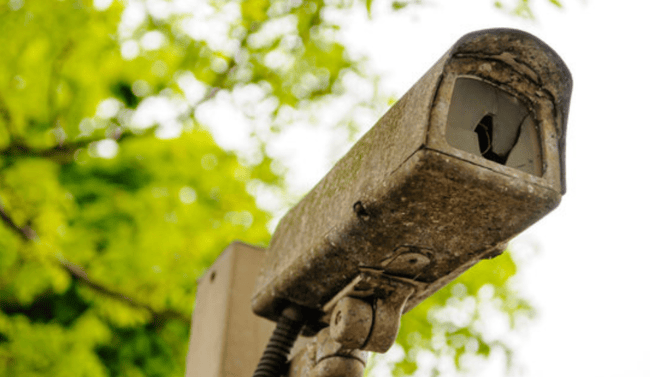
Why You Need to Upgrade Your CCTV Cameras
The risks of using old CCTV cameras are no secret. A slow, outdated legacy system can increase the chance of crime on your property and open up your business to serious threats and liability.


